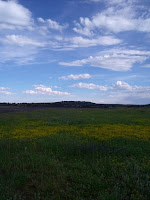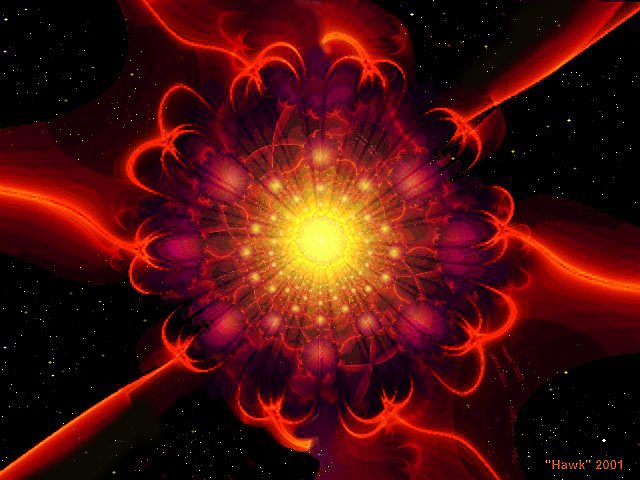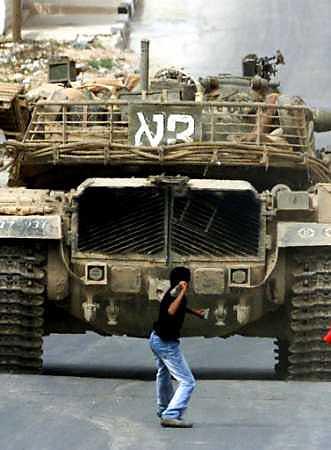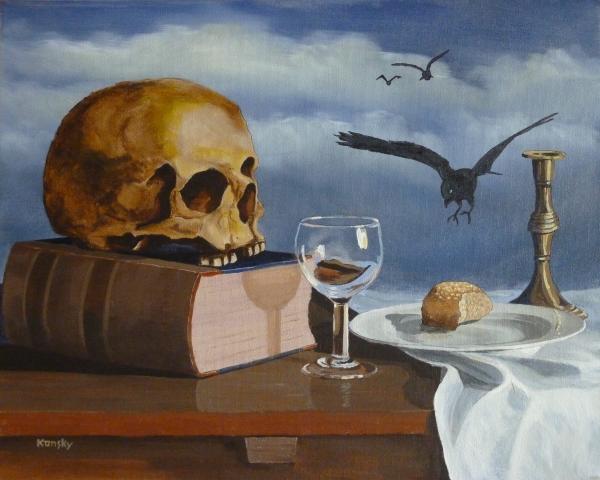 |
| Crew Chaos |
We spent the summer and fall of '09 fighting the rednecks. 'Necks, we called them, and we were the 'neck-thrashers, closure crew, crew chaos, crew clusterfuck. We were building barriers, closing the illegal ATV trails threading through the degraded and abused Manti-La Sal National Forest. It's hard to stay fair and neutral when all summer you are faced with such a monumental task: spoiled forests and hillsides in so many places bisected by the ugly twin tracks of motorized recreation, a place where you can't take a walk across country for more than a mile literally anywhere without running into a trail, legal or otherwise, without finding beer cans and plastic wrappers. A place where even the huge Utah night is broken by the roar of engines, where only the coyote and the owl should be calling. The battle lines were drawn early, and sharply.
 |
| Ruined "no vehicle" signs at trailside. Note the ineffective concrete settings |
 |
| Joe's Valley |
 |
| Wasatch Plateau |
We heard there were elk present, but saw none until late in the year, and even then only a small herd of 6 or 7. Of mountain lion and bear we saw no sign, and came to doubt any respectable predator would linger long in such an impacted land. Locals spoke of bear sightings, up around Grassy Lake and sometimes descending the canyons out of the high country to the villages below. But it was hard to believe.
In addition to the conservation projects, the Utah Conservation Corps had us take a course in sustainability, that we might exercise our minds as well as our bodies, that we may build knowledge as well as trails and fences. In short, that we might be more than mere grunts. We were also to give a presentation from a list of topics to our crew, and I chose the wolf reintroduction controversy in Yellowstone and Idaho, a thing I was already interested in and a great supporter of. The world needs more predators.
 |
| Wildflower meadow |
It was a bitter thing, knowing that the wolves were gone from these lands, and most of the rest of the country as well, even where it was supposedly still wilderness. The spirit of the mountains was gone, along with the grizzlies, only existing where they do now because we allow it or because we put them there. There are coyotes yet; we'd heard enough of them to know. But there was a certain hollowness to be felt if one took the time. Miles and miles of National Forest and mountains, but it felt tame as any farmyard. Which is what it had become, really; trees for the cutting, meadows for cattle and sheep pasture. Add to that the constant four wheeler traffic, the noise, and the fumes. This is no wildernesss, it's hardly a National Forest; more like an amusement park. Land of many uses, indeed, but what about the uses the elk might have for it, or the mountain lion, or the bear?
It was on one of our last fence-builds of the year, in among a mixed stand of aspen and ponderosa pine, when I had wandered a short distance down the trail, looking for a suitable choke-point at which to build our barrier. Glancing down at the needle-strewn ground at the edge of a small clearing, I saw fresh tracks in the soft mud. Bear tracks, and big ones. They led off into the grass-floored aspen woods standing adjacent, leading up and over a rise and out of sight. I called the crew over to look at and admire the signature of a wild brother, and fought hard the urge to follow wherever they might lead.
No, I had to stay. We had 'necks to stop.
*(click all pictures for larger images)



















